When your car doesn't start, it can be frustrating. Engines power cars, and just like most machines, can break down at some point. If your car won't turn over and you're unsure what the cause might be, we have asked automobile experts. Here's what they think.
When your car doesn't turn over, it is most likely because of a bad alternator, damaged cable wires, a dead [or almost dead] battery, or a starter problem. Knowing the exact culprit would require inspection by you or a trained mechanic.
To understand why your car refuses to turn over, you should be familiar with parts like the battery and alternator. Hang on and keep reading as we enlighten you on car starting issues and how to solve them.
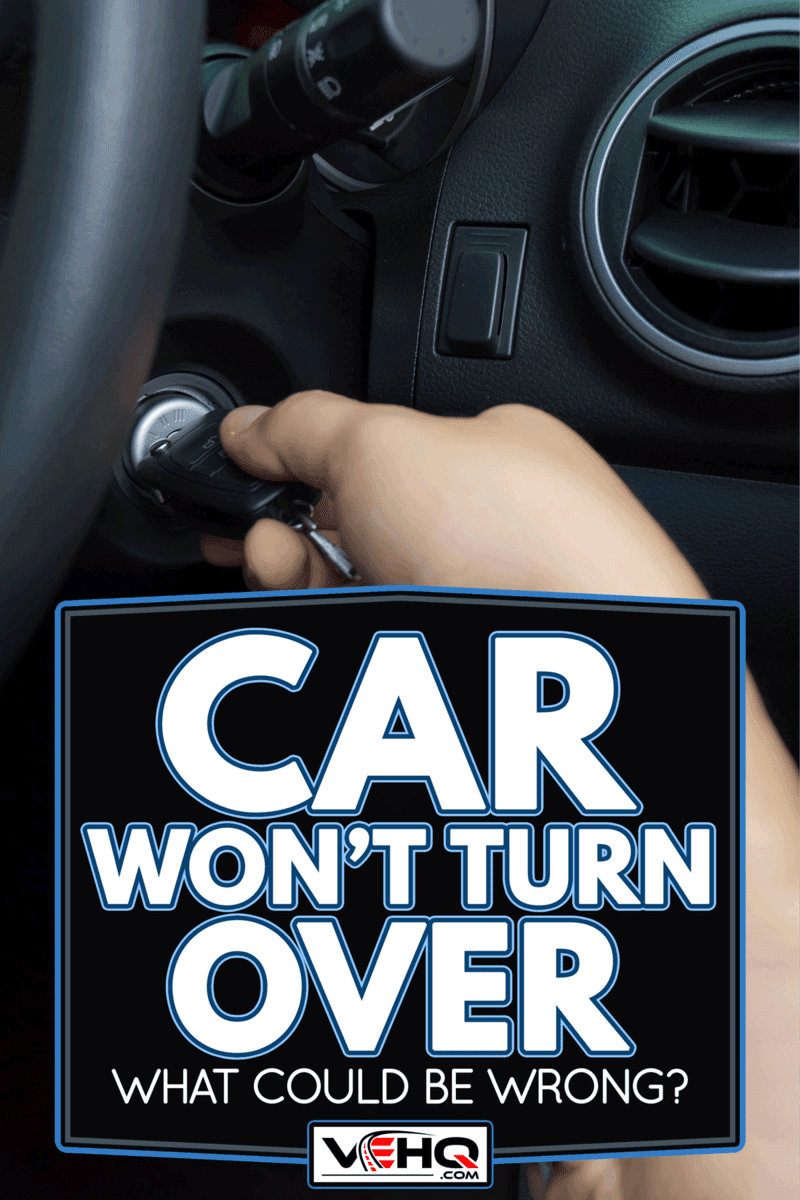
Top Reasons Why Your Car Won't Turn Over
A car not starting would always be an inconvenience, but understanding the reasons for this can help you fix the problem. Note that when you have car issues, make sure you don't crack the starter engine too much.
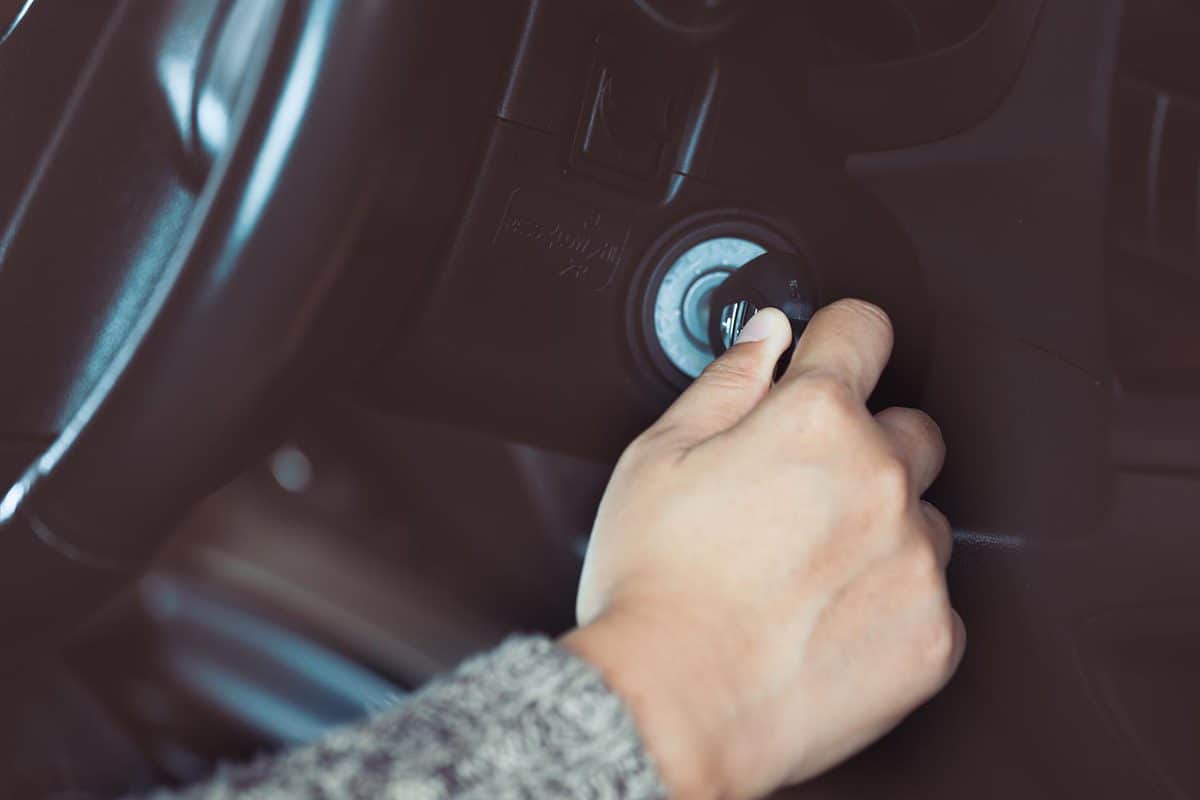
Cracking the starter engine can damage it and cause other problems. The starter engine is a small electric motor used to turn over the engine and get it started. Cracking it too much can cause damage to the starter motor. Here are the top likely reasons your car won't turn over.
Damaged Ignition
If your car is not starting and the engine isn't turning on, you can try a few things. The first thing to do would be to check if the ignition wire is broken or if the spark plug wires are disconnected. If that's the case, try jump-starting your car with a charged battery.
Car ignition is one of the essential components of a car. If it is damaged, you can't start the car. Car ignition systems are used in many ways. The most common use case is to start the engine. It can also simply provide power to other car components, even while the engine is off.
Other uses include lighting up warning lights on your dashboard, controlling power windows and locks, or playing music while driving. The most common indication of damaged ignition is when the car won't crank even if your headlights still work properly.
Dead or Dying Battery
In a car, the battery is one of the most important parts. It is responsible for starting your car and providing power to all its components. A dead car battery can be very frustrating and dangerous for you and your passengers.
Fortunately, there are some ways to get around this problem without spending money on a new one. If your car battery dies or is dying, your car won’t turn over. In this case, you will need to jump-start it with a jumper cable.
Jump-starting a car is one of the most common ways to start a car that has lost its charge. Here are some tips on how to do it:
- First, make sure your jumper cables are long enough. You'll need at least 10 feet of cable.
- Make sure you wear gloves when handling the cables and battery terminals.
- Connect the red cable to the positive terminal on your battery and connect the black cable to the negative terminal.
- Start your car and let it idle for about 10 minutes or until it starts up normally.
If your car doesn't start despite jumping it, try cleaning the terminals of your battery to remove corrosion.
Damaged Starter Engine
When a starter engine is damaged, it can stop producing electricity. This can be caused by various factors, including an accident, physical damage, or even corrosion.
A starter engine is the first component of the car's electrical system. It provides power to the other components, such as the alternator and battery. When it stops working, there is a possibility that your car won’t turn over.
The following are some of the most common causes of starter engine issues:
- Starter motor was replaced with an incorrect part and didn't work properly
- Ignition coil went bad and needed to be replaced by a new one
Alternator Issues
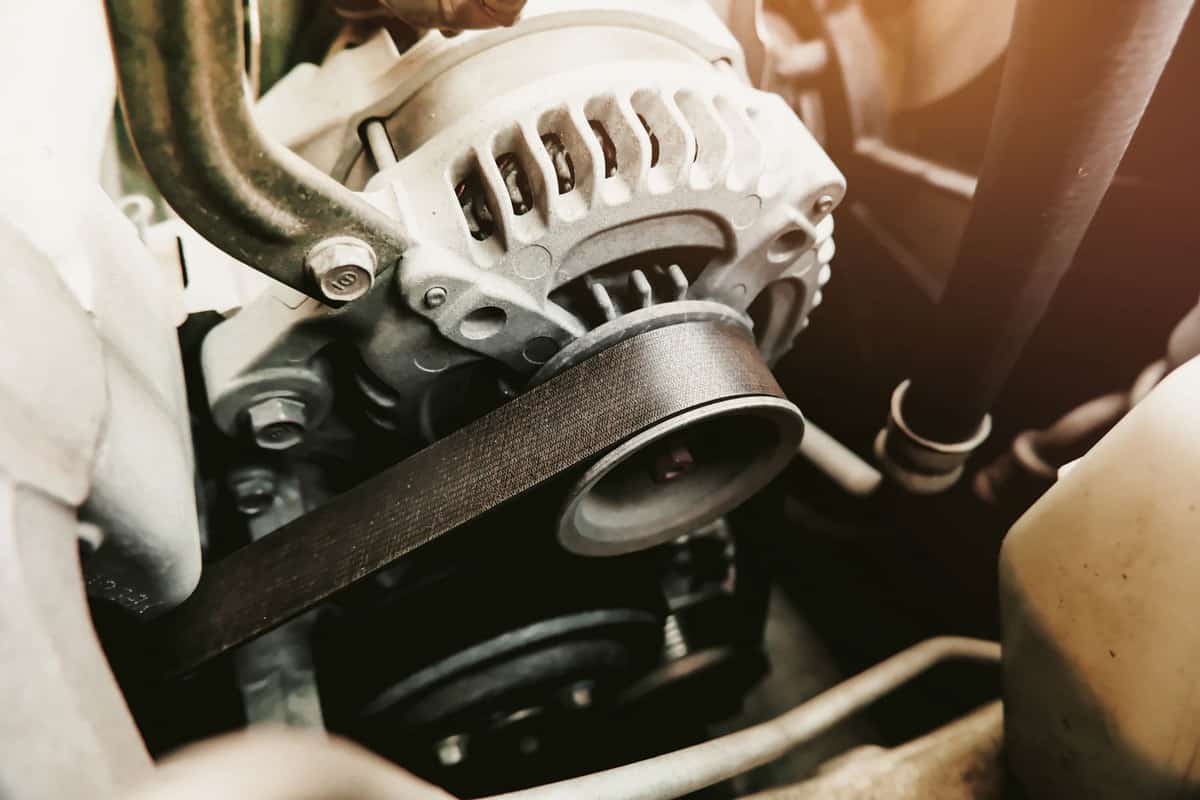
The car alternator is an electrical generator that converts the rotation of the engine's crankshaft into electricity. Each time the engine turns, it turns a shaft inside the alternator and creates a magnetic field. The magnets then rotate within a stationary armature, generating electricity by rotating a set of coils.
The car alternator is necessary to keep the battery charged. If the alternator is faulty, it may not provide charging, so a car will not start due to a weakened or dead battery. You'll hear only a "click" when turning the key in the ignition.
How Much Does it Cost to Fix The Alternator?
If you are experiencing car electrical problems, the most cost-effective solution is to fix the alternator. Car alternators are one of the most expensive parts of your car, and they can be quite hard to replace.
Car alternators are complex mechanisms, and they require special tools to be fixed. If your car alternator has been broken for a while, it might be time for a repair or replacement.
If you need help with repairing them, call a mechanic who will be able to help you out. You should be prepared to spend $500-$1,000 on repairs and mechanic service fees.
Why Won't My Car Start But The Battery Is Fine?
If your car won’t start, but the battery is fine, the likely culprit is a bad starter engine or loose wire connections. The car starter engine is a key component in the car. If it stops working, you won't be able to start your car. This means that you'll need to replace it with a new one.
If your starter engine is bad, a sign is that it won't make a clicking sound when you turn the key. If this happens, you should check if there are any loose cables connected to the starter engine and fix them before replacing them with a new one.
What Fuse Would Cause My Car Not To Start?
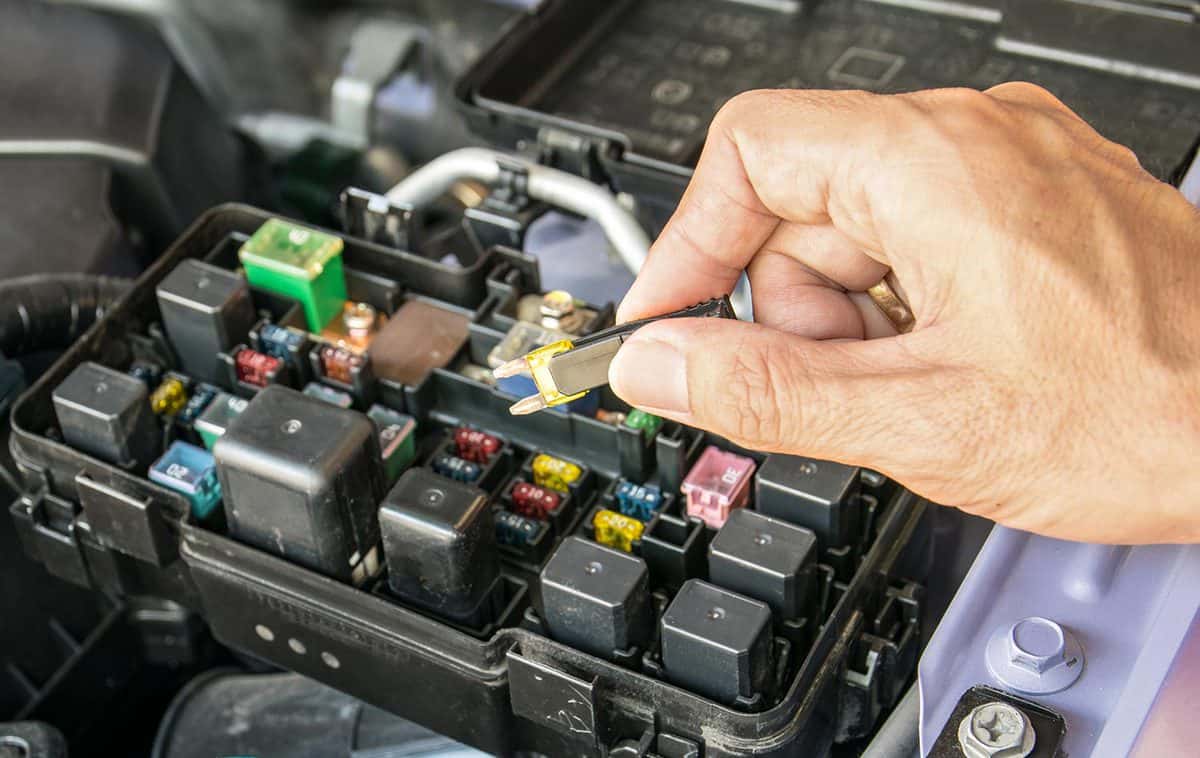
The ignition relay fuse is a small car fuse that provides power to the vehicle's ignition system. It is located in the panel under your car’s hood.
The ignition relay fuse protects your car from electrical damage caused by an overload or short circuit. The fuse can be replaced with a larger size if needed, but this should only be done by a professional mechanic or auto electrician.
A blown fuse is caused by an electrical surge. The first thing you should do is turn off the ignition and identify the blown fuse. Next, you will need to find a replacement fuse of the same amperage rating. You can purchase them at most auto parts stores or online.
You can also check to make sure that there aren't any loose cables. You can check for this by using a flashlight and looking under your hood for any exposed or broken wires.
How Do You Tell If Your Battery is Bad?
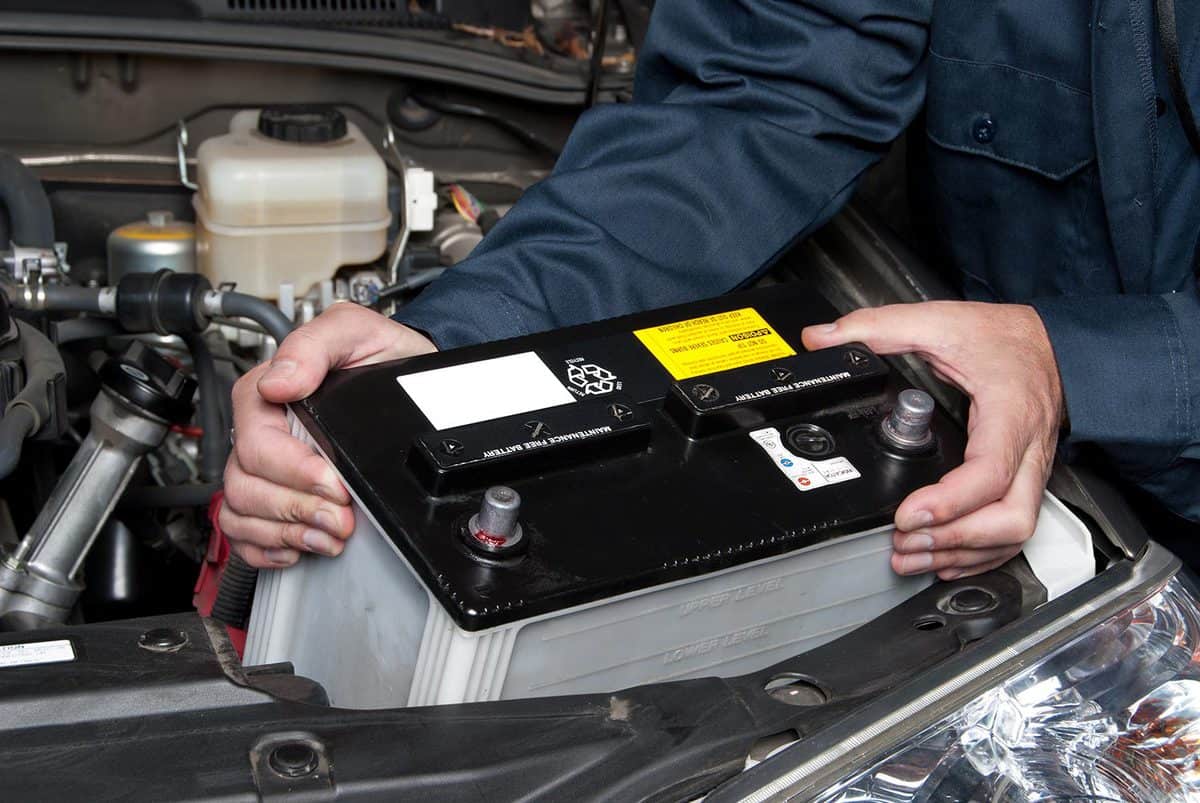
Battery problems are very common in cars. They can be caused by a variety of reasons. Here are some signs that your car battery is losing its power and might need to be replaced soon.
- Your car engine turns on but the engine doesn't start or it starts but dies out soon after
- Your headlights don't turn on when you press the button
- The dashboard lights dim and then turn off completely
- Car makes a clicking sound when turning the ignition key
Car battery problems can also be caused by other variety of factors, including low voltage, sulfation, and corrosion.
How do you tell if your alternator is bad?
The alternator is the engine's power source. It converts the mechanical work of the engine into electrical energy to charge the battery and run all car electronics. If this system fails, it can cause a number of problems in your car.
The most common sign of an alternator problem is when your vehicle starts stalling or you hear a high-pitched whine coming from under the hood. You could also experience a noticeable drop in gas mileage, as well as poor performance while driving.
A good way to identify whether your car has an alternator issue is by checking to see if you're getting any warning lights on your dashboard. Some cars will have trouble starting if they don't have enough electric power, which will cause them to give off a warning light.
To Wrap Up
If your car won't turn over, you should get it checked by a mechanic. It could be an alternator issue, a car engine problem, or even an electrical problem. It is important that you maintain your car regularly and always check the battery and the alternator to make sure they are in good condition.
For more posts like this, you should check out these related articles:
